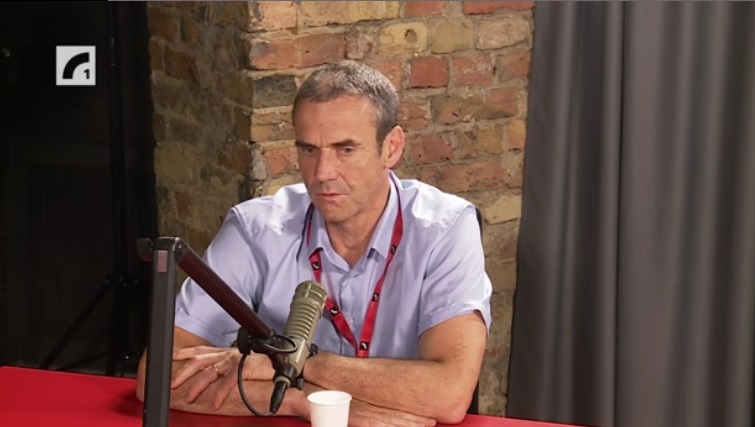The first procurement of self-tests has been completed, where the state will buy antigen tests for 3 million euros from a relatively newly-established company, SIA "Ekspress laboratorija". The procurement process has come in for some criticism given the way it as concluded with a little-known company.
The website for SIA "Ekspress laboratorija" shows extensive products and demonstration videos from Chinese company Lepu Medical, and some from another Chinese company, Deep Blue Medical, suggesting SIA "Ekspress laboratorija" is not so much a laboratory as a sales agent. Indeed the company also uses its website to canvas for "cooperation with new trading partners [using an] affiliate system – Percentage of Remuneration for Attracted Customers. We offer a platform in trade with ready-made tools, products, instruction in attracting new national customers. On a franchise basis."
A total of around € 15 million is planned to be spent on testing all students and, from 6 December, on-site staff.
In the procurement organized by the National Defense Logistics and Procurement Center, five bidders were recognized as eligible, with SIA "Ekspress laboratorija" the winner.
According to company registration information the medical goods trader "Ekspress laboratorija" belongs to Toms Binde, Jelena Putviķe and Sergei Lebedev, a Russian citizen. The company was registered only in the spring of this year, therefore data on its financial filings are not yet available.
The company will receive 3 million euros for 4 million self-tests, i.e, 75 cents each. The other four companies, meanwhile, have been left in reserve in case more tests are needed.
Active self-testing is already taking place among students from kits supplied by laboratories already involved in routine screening - the MFD Laboratory, the Central Laboratory, the Gulbis Laboratory and the Bior Scientific Institute.
The National Health Service pays 3.39 euros each for the self-test and its delivery to the student. But after December 10, students will receive the same tests as employees throughout Latvia under the new scheme.
In an interview with Latvijas Radio, infectologist Uga Dumpis pointed out that issuing self-tests to all full-time employees would have added value in the "ideal world".
Dumpis said that self-tests are widely used in the UK and elsewhere. In terms of accuracy, they lag far behind the PCR tests taken from the nasal cavity. However, self-tests are much more convenient because they can be done at home. For example, if there is an outbreak of Covid-19 at a school or workplace, self-tests could be used to detect it.
However, in a situation where any employee would have to take a self-test twice a week, Dumpis is skeptical about its usefulness.
"It all depends on a person's awareness and the company's interest. The main thing is how the test result is taken into account. It should be understood that if a person is positive, he or she would have to confirm it with this polymerase chain reaction (PCR), this expensive, complicated test," Dumpis said, adding that in the case of a test, the patient's contacts must also be identified.
"This approach is largely based on conscientiousness," said Dumpis, adding that probably not everyone will be conscientious.
From December 6, all on-site staff will be required to take a Covid-19 self-test at least twice a week. This will also apply to people who have been vaccinated against Covid-19 or who have had the disease. The tests will be purchased by the state for both public and private sector employees.


























